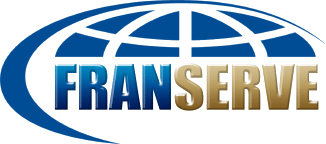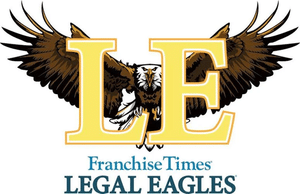You want to show the prospective franchisee that you have a system in place, and having a formal, well-thought-out operations manual is key. The FTC Regulation requires that we include the table of contents, page counts for each section of your manual, and total page count in Item 11. In the alternative, you may provide the prospect with an opportunity to review your manual to satisfy this regulatory requirement.
Four Main Functions of a Franchise Operations Manual
First, the Franchise Operations Manual is the authority document of the franchise system standards. The system standards are the standard procedures that a franchisor requires of all franchisees in order to duplicate the customer experience in every location. The customer experience is the driving force behind profitability. If you can duplicate a favorable customer experience, then you have a business that you can probably franchise successfully. Your Franchise Agreement will refer to the Franchise Operations Manual as the way the franchisee will execute the system standards. This way, as your system grows and your System Standards change, you only have to update the manual instead of updating the Franchise Agreement.
Second, the Franchise Operations Manual is the most effective tool for protecting your Brand. A company’s Brand is one of its most valuable assets. The Brand is also the asset that is at most risk when a company decides to franchise. When you franchise a concept, you are putting your Brand in the hands of other people, all of whom likely have different ideas about the best direction for the company. A properly prepared Franchise Operations Manual, with well-defined and organized system standards, will be one of the few tools you have to manage the Brand and control the franchisees when they try to act on their vision for what is best for your Brand.
Third, the Franchise Operations Manual will likely be the principal tool for training new franchisees. It is the “Your Company for Dummies” book. You have to assume that most of your franchisees will not have experience in your industry. They may not have any business experience at all. Your manual needs to be a document that not only trains them on your system of providing a favorable customer experience, but also one that brings them up to speed on how to manage a business.
Fourth, well-prepared documentation of the procedures that have helped make your company a success will help you sell your concept to potential franchisees. Put yourself in the shoes of a potential franchisee. If you received a Franchise Disclosure Document (FDD) that showed you that the company only had a 50-page document describing all of its operating procedures, you might be a little concerned as to the quality of the franchised business model.
Best Practice
In addition to annually looking at your franchise agreement and updating your FDD, this is a good time to go through the operations manual and make sure it is still current and accurate.
Pitfalls
- Make sure your operations manual does not include employee training and HR rules, as that can get you into trouble down the road by creating liability to you for the actions of your franchisees.
- Make sure your operations manual doesn’t put you in antitrust jeopardy either with pricing issues or other practices such as banning the practice of hiring employees from your fellow franchisees.
If you have any questions related to your manual, share those pertinent portions of your operations manual with us to make sure that what you put in writing is not something that could get you in trouble.







